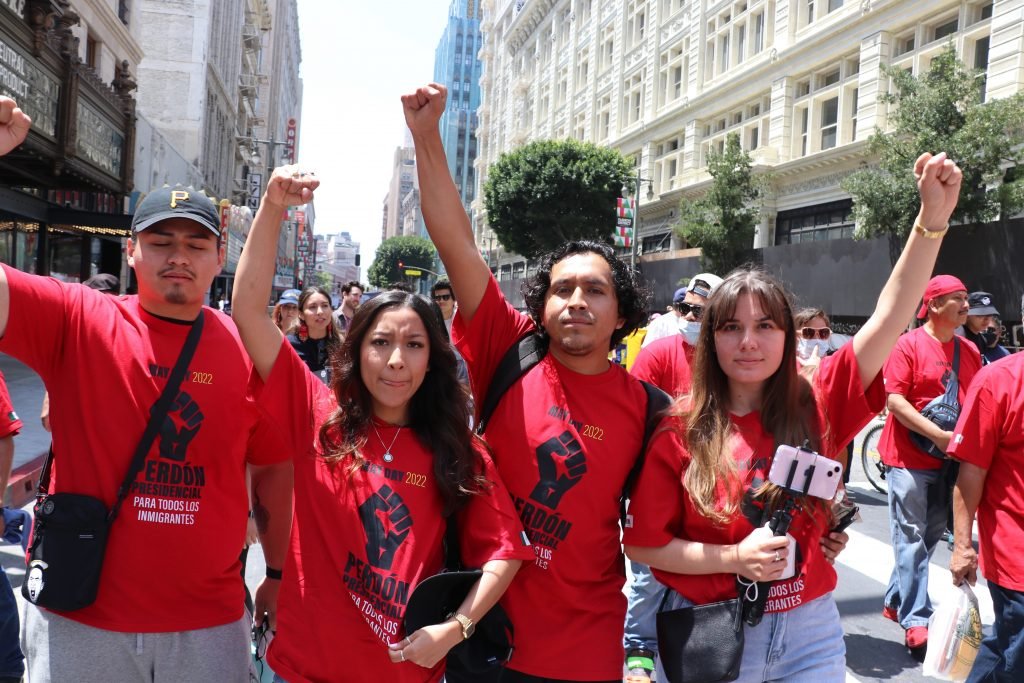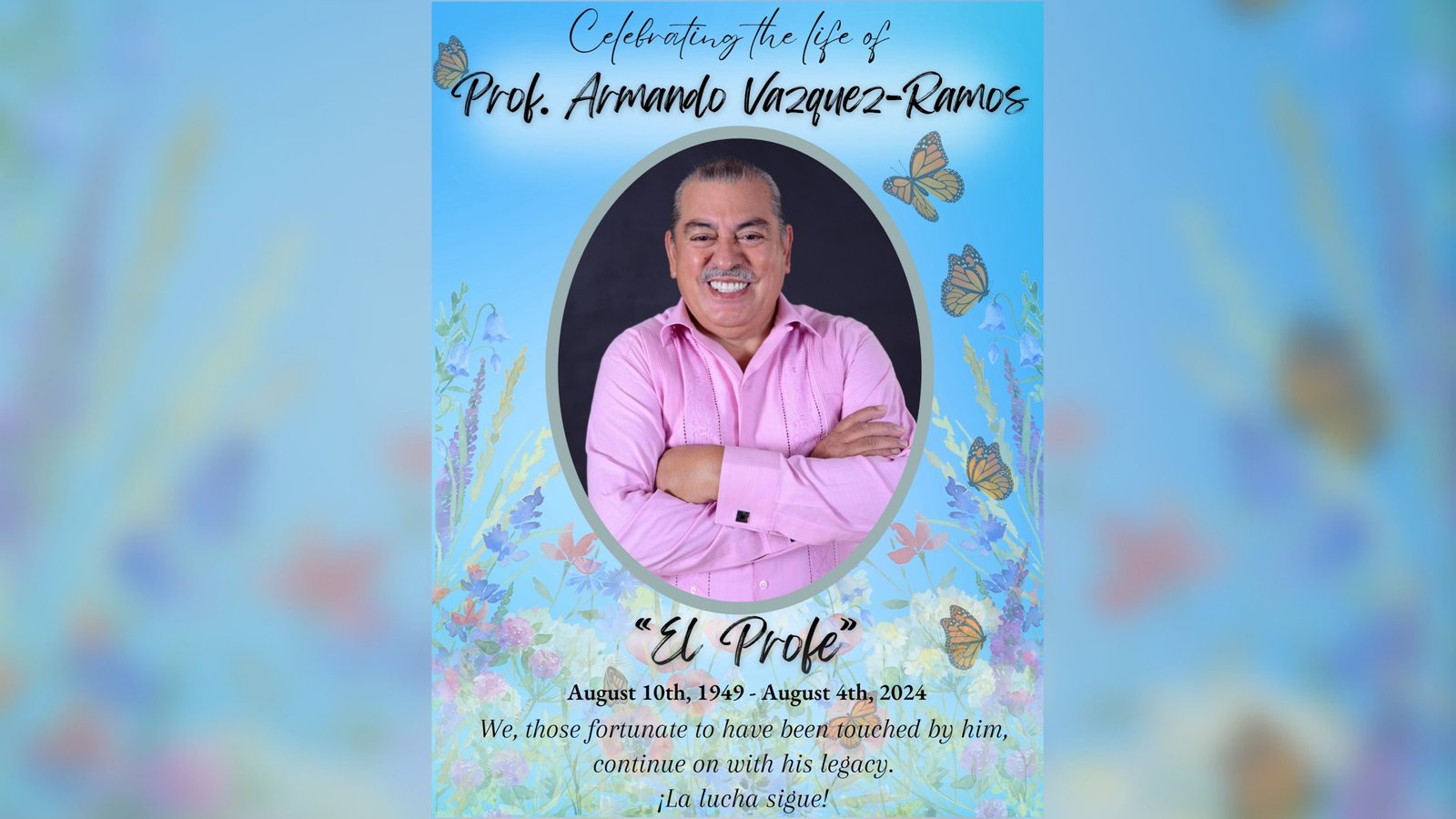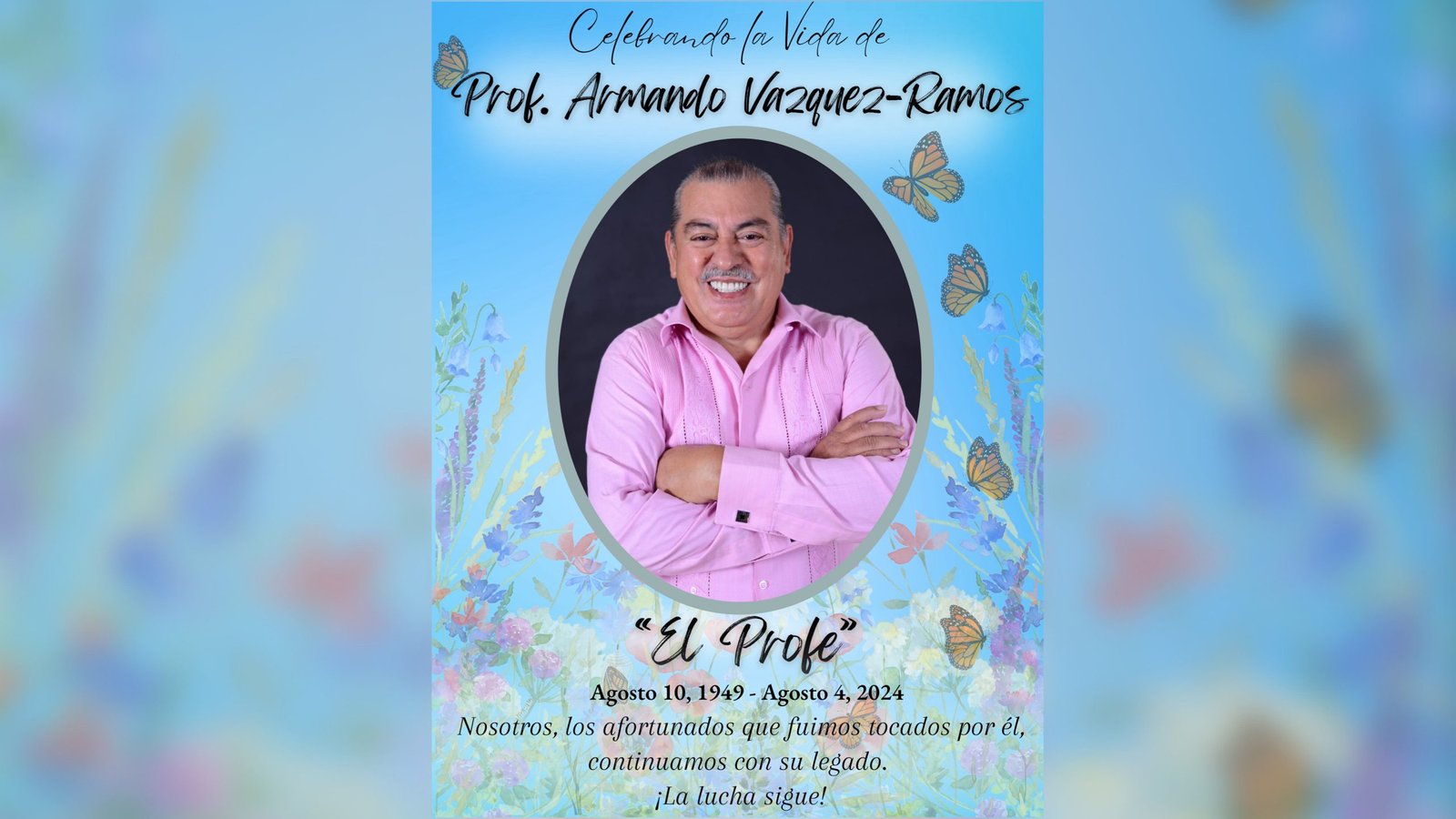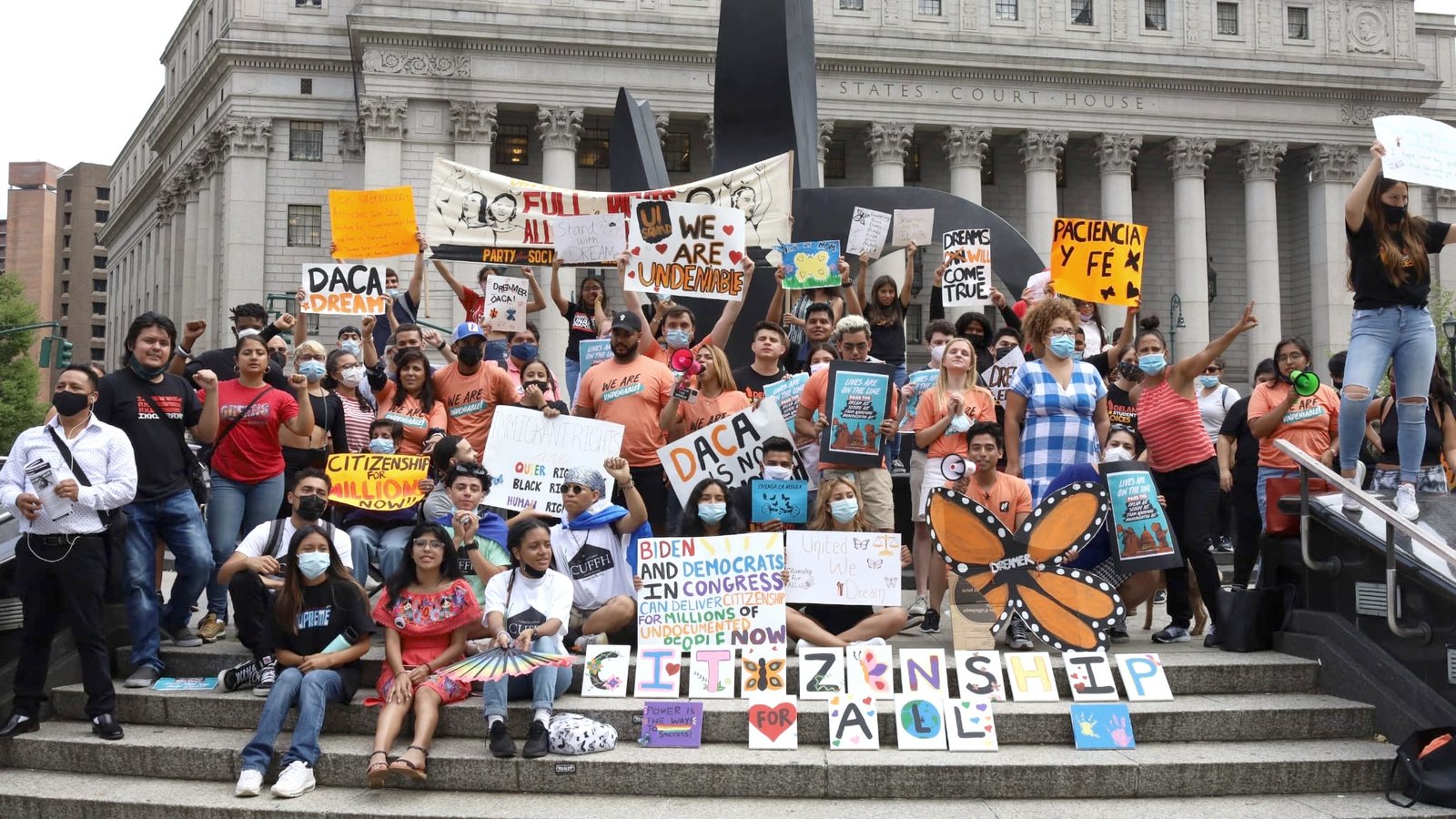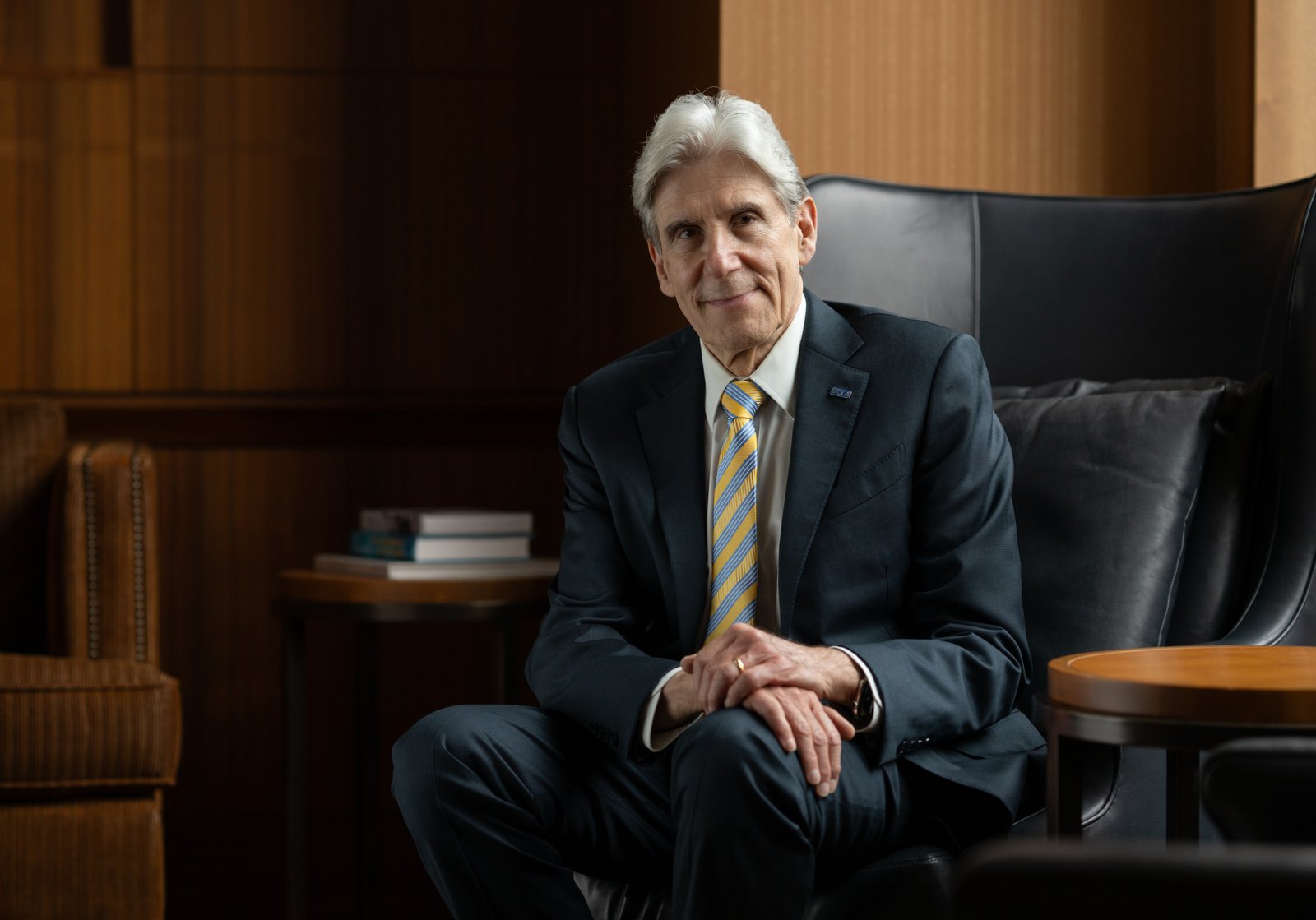Thousands of immigrants march on May 1 in LA to call for immigration reform from President Biden and the U.S. Congress
Story and Photo by Jorge Luis Macias | La Opinion | MAY 2, 2022
May 1 was a holiday for immigrants and essential workers in Los Angeles; both continued their fight against racism, against those who oppose the legalization of undocumented people in the United States and are against union democracy for all.
A large contingent of at least 10,000 participants attended at the historic corner of Broadway Street and Olympic Boulevard, where they defied warm temperatures and marched together to Gran Park, in front of the Los Angeles mayor’s office.
“We call on President [Joe Biden] to declare a general pardon for all undocumented workers, a first step in clearing the way to citizenship and legalization,” asked Miguel López, a member of the Chicano Moratorium Committee of 1970.
A general pardon of the president is a power that only Biden controls and that would guarantee the rights of undocumented immigrants to obtain labor benefits.
On May 1, not only immigrants are honored on the so-called “May Day”, but also the martyrs of Chicago who established the eight-hour working day and gave voice to the international working class movement in its struggle for dignity, respect and justice.
Organized by the Coalition for the Human Rights of Immigrants of Los Angeles (CHIRLA), its executive director, Angélica Salas, said that the population continues to march together “because we have not received the justice we deserve.”
“We want our families to be united, but we see what happens to our people who seek asylum at the border and so many people who are here, and who deserve justice for all their contribution,” he added. “We continue to fight for racial equality for African Americans and Latinos, and with love we have to understand that we must defeat the white supremacy of this country.”
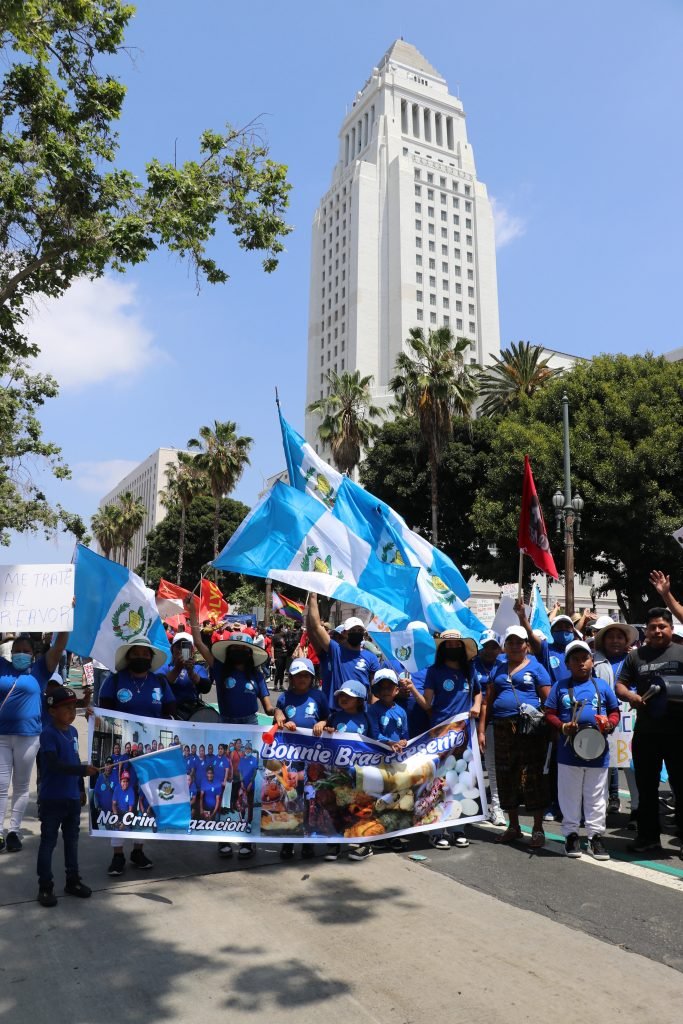
Dreamers
A significant group of “dream” students, led by Professor Armando Vázquez, of the California Mexico-American Center for Studies, advocated a “presidential pardon” for 11 million undocumented people.
They long for President Joe Biden to act in a similar way to former Presidents Geraldo Ford, who forgave 250,000 deserters from the Vietnam War, after the capitulation to power of former President Richard Nixon and the 550,000 pardons granted by former President Jimmy Carter to those who evaded enrolling in the ranks of the United States Army.
“I think there would be little chance of this request, because they don’t even consider it an option,” said Professor Vázquez. “What’s more, in Congress they don’t know that the president could pardon the undocumented, but he doesn’t want to do it.”
Those who aspire to that forgiveness are the brothers América and Edgar López, both teachers, who live alone in the United States, since their mother decided to return to Hidalgo, Mexico to take care of their sick parents.
“We just need an opportunity to be better and contribute more to this country,” Edgar said. “It is unfortunate that in this country you have to choose who it reaches and who it does not.”
Federal migrant deputy María Elena Serrano said that raising her voice is important, “and it is necessary to continue to put pressure on the people in Washington, because it is time for them to give us immigration reform.”
For her part, Senator María Elena Durazo celebrated that in California about 200,000 undocumented people may already be eligible for state health insurance.
“We will continue to fight until everyone has that benefit, so that we finally stop feeling that feeling of discrimination,” he said. “25 years ago we were attacked with Proposition 187; today we tell those who wanted to do us so much harm, that in California their policies are not going to work.”
Street vendors
Taking advantage of the demonstration, a contingent of street vendors populated the central streets of the Los Angeles metropolis to remind the municipal authorities that they will not rest until they eliminate the proposal to increase the collection of sales permit from $291 to $591.
In Chicago, the city works with its vendors and helps them do their job honestly by charging them only $100,” said Rosa Miranda, organizer of the Community Power Collective. “The main opponent we have is Councilman Mitch O’Farrell; of 192 fines applied, 165 occurred in his district and it is clear that he wants to eliminate sales in Hollywood.”
In response to this statement, Councilman O’Farrell said in a message sent to La Opinión: “Our street vendors are an integral part of District 13 and Los Angeles.” He added that “I have defended their rights; I removed the economic barriers upon their entry and collaborated with the community to improve the City’s regulatory approach to this invaluable and vital resource. I am proud to have been recognized by the Mexican state of Puebla for these efforts, in addition to my work on behalf of indigenous communities. I will continue to fight to get these workers, who contribute so much to our local economy, out of the shadows.”
One of the protesters, Lidia Catalán, from Guerrero, Mexico, who marched next to her husband Gerardo and their children Rosa and Gerardo Jr., told La Opinión that for a decade she has been dedicated to the sale of tools and jewelry, but the police do not let them sell in peace.
“They must let us work in peace,” he said. “We do not hurt anyone with our work; on the contrary, we contribute to the city’s economy with our taxes.”
Edgar Murillo, 34, an immigrant from Durango, Mexico, agreed with her, who opened the march in his wheelchair.
“We have to make ourselves known as immigrants; I joined the march, because like most, I would like to have my papers and a legal residence,” said the worker of a shipping company in Los Angeles.
In an appointment sent by mail to La Opinion, the office of Councilman O’Farrell announced “his continuous work in support of Los Angeles vendors.”
“Our street vendors are an integral part of District 13 and Los Angeles,” said Councilman O’Farrell. “I have defended their rights; I removed economic barriers to entry [sic]; and I worked with the community to improve the city’s regulatory approach to this valuable lifeline. I am proud to be recognized by the Mexican state of Puebla for these efforts, in addition to my work on behalf of indigenous communities, and I will continue to fight to get these workers out of the shadows, who contribute so much to our local economy.”

